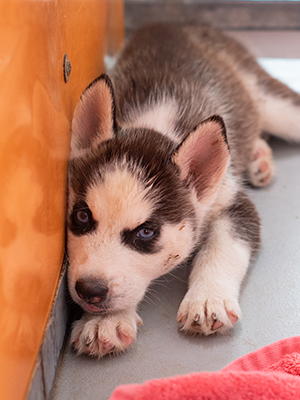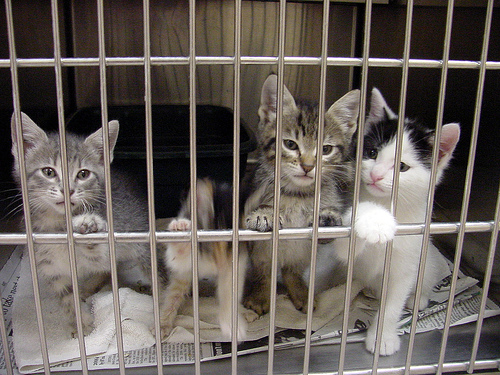Can Kittens Get Canine Parvo

They can also get it from contact with an infected cat s urine feces and nose secretions.
Can kittens get canine parvo. While not the same as canine parvovirus it is referred to as parvo due to the similar symptoms. If your pup has parvo then you are safe and therefore will be kitty. Unvaccinated dogs unvaccinated puppies are most at risk can catch parvovirus from an infected dog an infected dog poo or anything an infected dog has touched such as a dog lead food bowl bedding human hands and clothes. It is highly contagious and cats should be vaccinated as kittens and have booster shots every year.
The virus that causes distemper in cats. While dogs cannot catch feline parvovirus the virus can mutate and be spread to cats. Most cats catch the virus through infected areas rather than from other infected cats as the virus can survive up to a year in the environment. Cats can get parvo directly from contact with another cat who has it.
In other words canine parvo cannot spread to cats. It s crucial that you maintain your puppy indoors as far as feasible. Neither can mouse parvo spread to elephants or even humans. The most widely accepted theory about how canine parvovirus suddenly erupted on the scene with such disastrous results in the 1970s is that it originated mutated from the feline panleukopenia virus or another type of closely related parvovirus.
Your very little woofenbarker on the flip side must visit his vet instantly. Both viruses attack cells within the pet s bone marrow. Although it has be proven that humans can pass the parvo virus on to cats if they handled feces bedding or food dishes of an infected cat without washing their hands before handling healthy cats. Places where young puppies and kittens mix together such as pet shops can be a breeding ground for this transmission.
Parvovirus is highly contagious and a mutated strain of canine parvovirus has been suspected of infecting felines. It is actually a virus called panleukopenia but is sometimes called feline parvo because the symptoms are similar to the symptoms of canine parvo virus. Cats are most susceptible as kittens from 4 to 12 weeks of age or even as unvaccinated adults. First of all the fact that canine parvovirus can infect cats isn t that big of a surprise.
There is some debate over whether cats can get parvo from dogs but the majority opinion seems to be no. Parvo in cats is different than the parvo virus that dogs get. The same cannot be said for the reverse situation as studies have shown that a mutated strain of the canine parvovirus can infect cats. Learn more about canine parvovirus and its impact on dogs in canine parvovirus in dogs.















